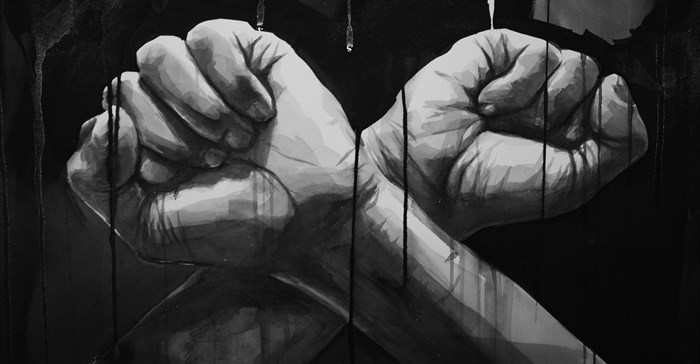
Top stories





Marketing & MediaAds are coming to AI. Does that really have to be such a bad thing?
Ilayaraja Subramanian 8 hours

More news

















The class of 2015 has probably been more vocal about ideas and strategies post the class of 1976. The only difference between the two generations is the 2015 voices are surrounded by social media, where news gets spread faster than a 'did you hear?' moment.
It is no doubt that everyone has been following the hashtag on Twitter and Facebook, and voices have been heard, shared and feelings expressed. Content from the earlier generations also expressed feelings of compassion about their own ordeals when they could not afford tuition fees then, and had other means to get themselves funding.
Now, fast forward to Twitter, hashtags rule headlines, and they spearhead what is said in our mainstream media every time they trend. The hashtag has been seen to have ruled in the past week, leading by 83.28 percent in SA social media, 57.31 percent in SA news, 99.29 in #FeesMustFall SM vs 0.71 percent in #FeesMustFall news, 15.01 percent in international news, to name a few, according to ROI Africa.

Numbers don't lie, and as much as the media was seen to be in the middle of the protests and feeding us the news, social media was at the forefront with the students and everyone on the platform feeding us what was happening during the heat of the moments, as well as students sharing advice received from their parents about measures to take when coming in contact with teargas from the police.
Our media is at the forefront of what's trending and gains momentum when playing in that space, and there are a variety of news angles produced through one hashtag, as seen with the Fees Must Fall campaign. Brands have, during the past few days, taken a seat back to prevent themselves from being contempt during what was happening.
It has also been seen that students were defying various mainstream media as not reporting the real stories, and they decided to tell everyone on the platform the behind the scenes as well. And in other provinces, students took it to themselves to give us the reporting, and the media collaborated the effort in the news.
During the Parliamentary address by Finance Minister, Nhlanhla Nene, tweeps, as they are so referred, took time to express disappointment at the government for ignoring the real story of the students outside. Even the opposition pleaded with the leaders to go out and address the students' concerns.
The media at the time had to juggle giving us stories from the students and what was being addressed in court, and as seen on social media, eNCA trended within minutes for giving us both stories. Facial expressions were bring captured about our president not having feelings towards the real issues.
And then we had Minister of Higher Education and Training, Blade Nzimande, wanting to spearhead his own hashtag, #StudentsMustFall, which took to Twitter and trended as part of the disappointment from students.
Social media led the campaign, and led the people and everyone tweeting about it, while our media came second to giving us news. The only success our media embarked on was giving us the visuals, the voices through interviews and analysis regarding the situation of the increment in university fees. Everything else is nothing than those who were present at the campaign producing content that was reported in the media.
Is Twitter the medium of news headlines?
